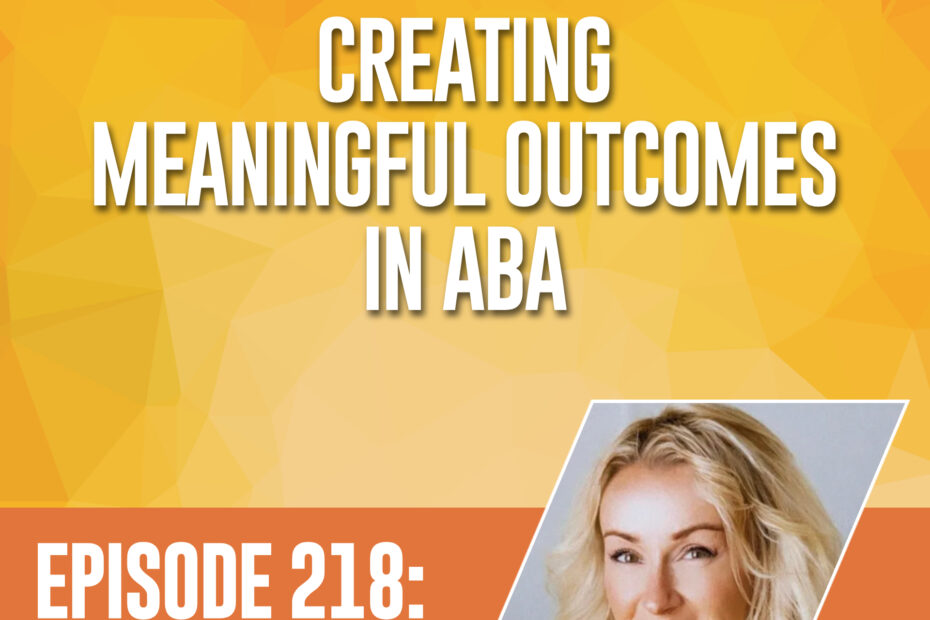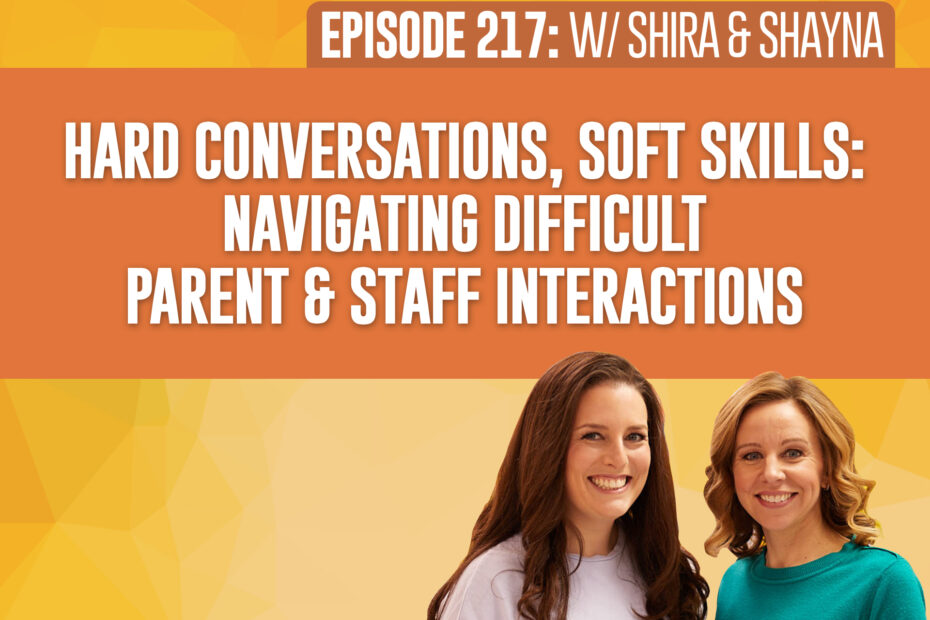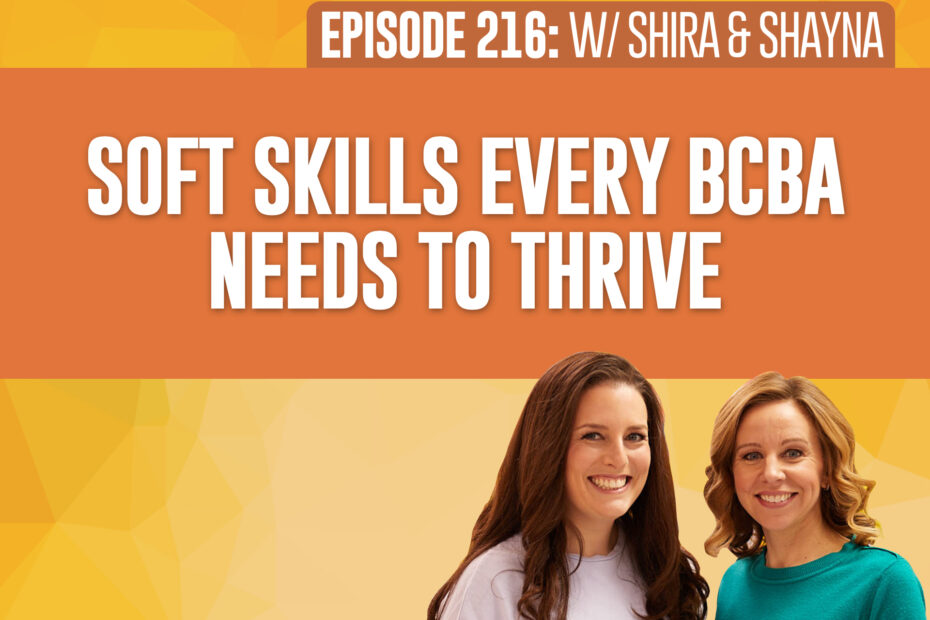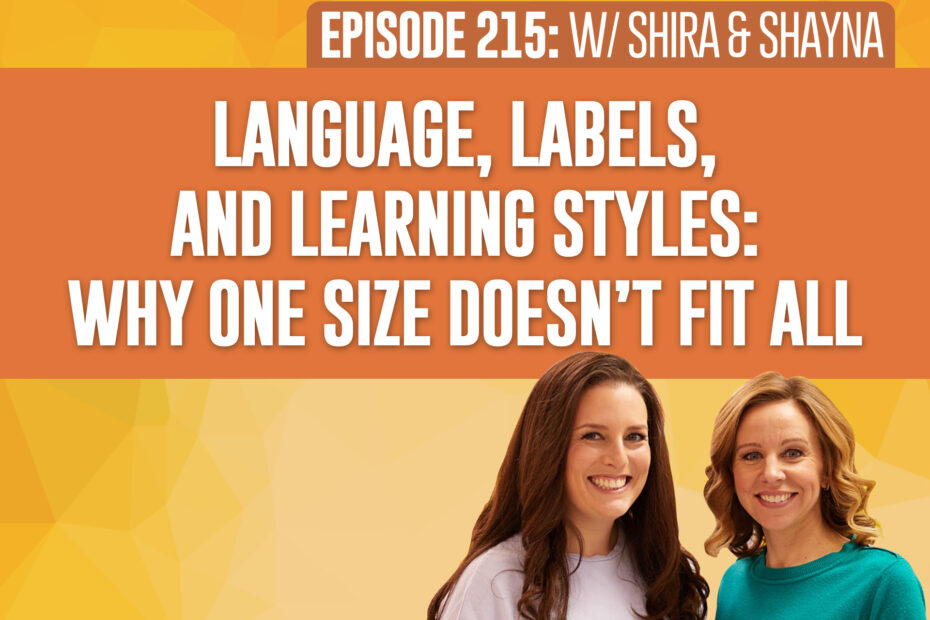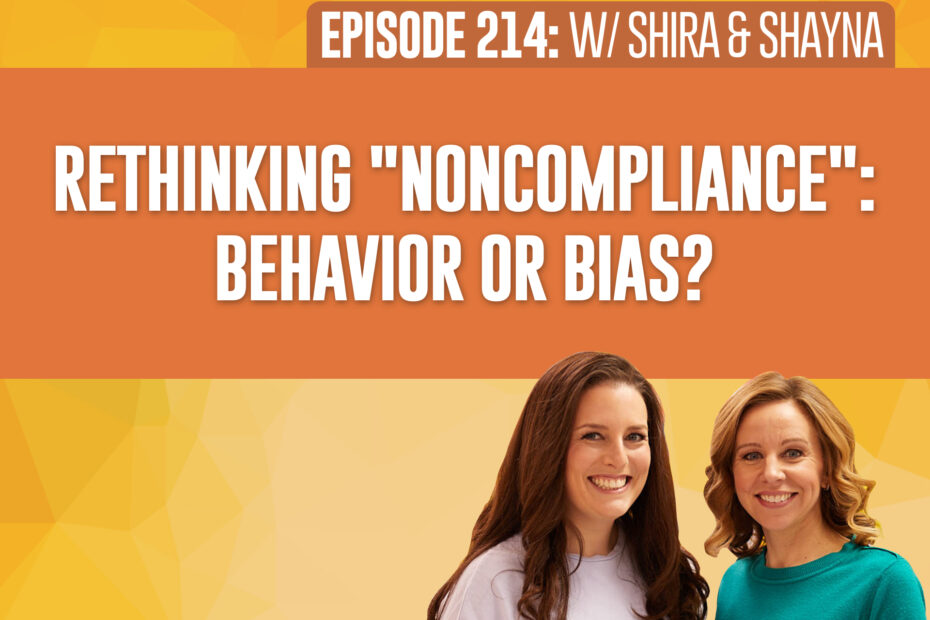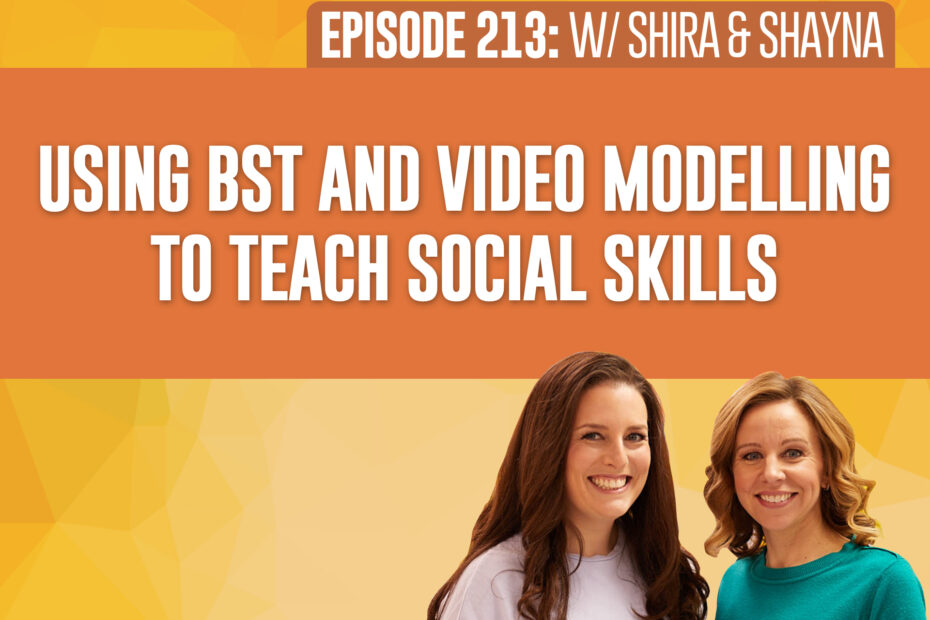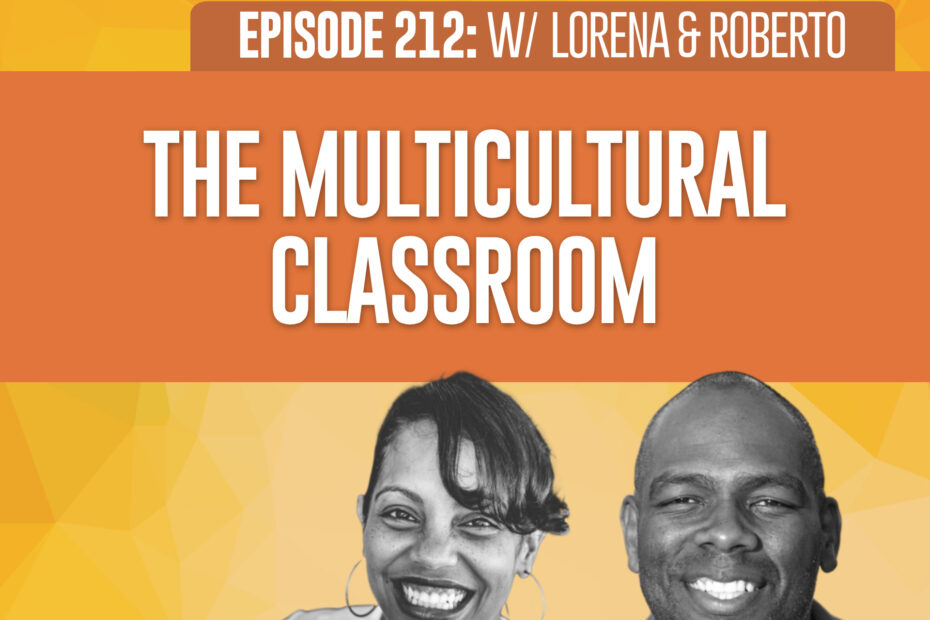Episode 218: Creating Meaningful Outcomes in ABA with Dr. Anika Hoybjerg
Dr. Anika Hoybjerg is the CEO of ABA Education Center and co-creator of The MOTAS assessment, a comprehensive assessment tool designed to build independence and support meaningful outcomes for learners of all ages. In this episode, we explore her inspiring journey in the field and the innovations she is bringing to ABA.

